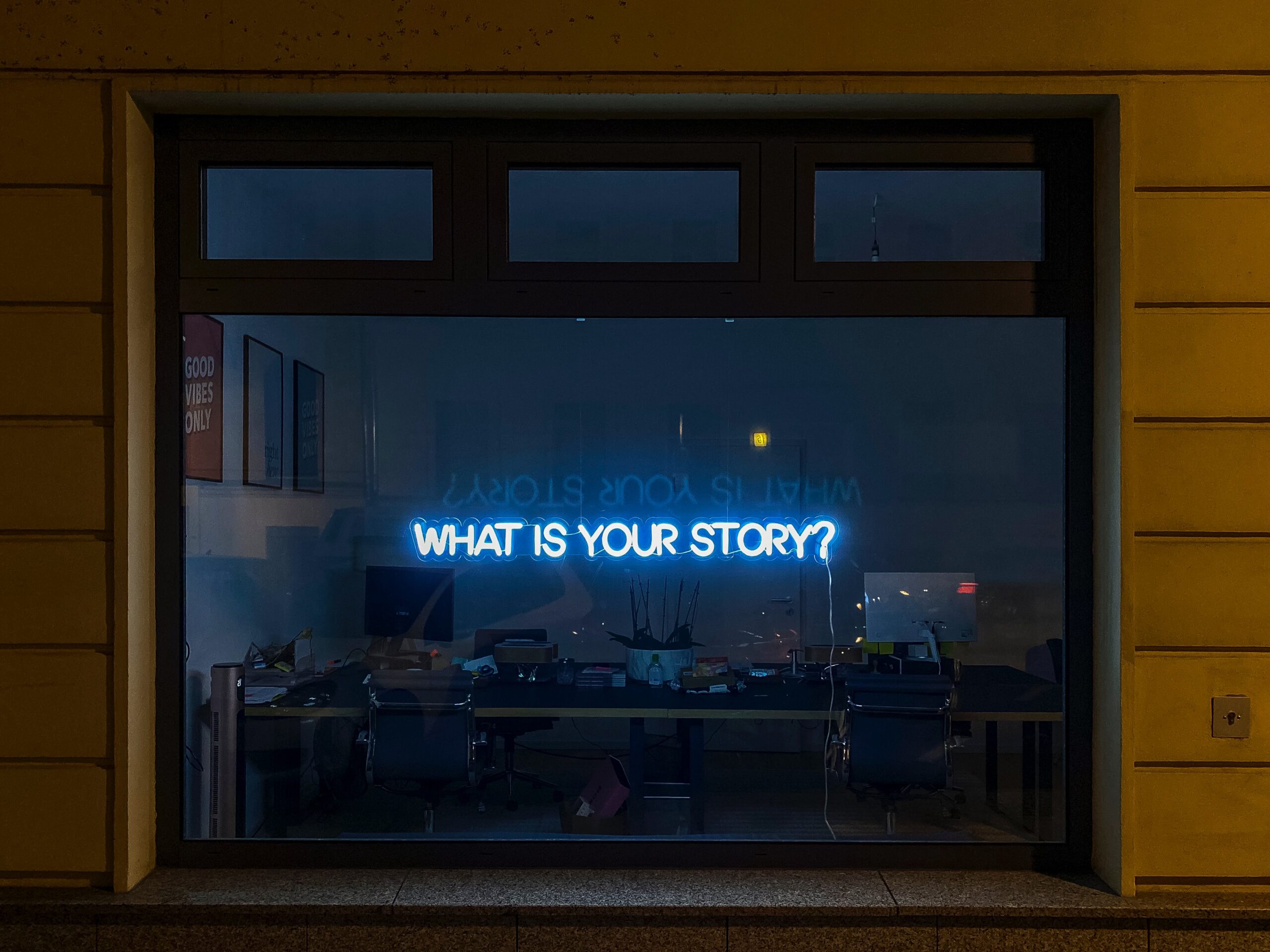In October 2021, Facebook experienced an outage which also meant that Instagram and Whatsapp also went down. And everyone turned to Twitter to complain. In early February 2022, Twitter also experienced some problems with loading Tweets.
When these outages happen, I am always reminded of discussions I have had, over the years, with various corporate and media platforms on the importance of owning your platform – in other words a website that you pay for – and using social media as a way of amplifying your stories.
Social media has become pervasive in ways that we initially couldn’t imagine. And the conversation today, following all the drama around, for example, Facebook, how we are manipulated by their algorithms, the inadequacies of their approach to fact-checking and how misinformation is rife. There’s the story of Cambridge Analytica and there is how misinformation has spread around COVID-19. There is the toxicity of Twitter and how anyone can make any type of allegation and it will be taken as fact. There is also the disruption of what used to be called ‘traditional media’ and how it no longer reaches the people that one wants to reach.
In 2017, I wrote a short essay titled Is The PR Model Broken? from my perspective as someone who has worked extensively in traditional media.
We need to do things differently. We need to take into consideration the changes that are taking place, on a regular basis.
I still buy into the idea of corporates or businesses as publishers, approaching their news/blog/info sections of their websites in a similar way and with the same editorial outlook as media houses have over the years. This means going beyond sharing marketing materials, espousing on the benefits of their products, harping on about how great they are, etc. This means looking at the ecosystem they are part of and creating an editorial ecosystem around it, all stemming from the platform they own specifically. This means looking at the society, community, etc that they are part of and providing insights, that stem from their operations, on the development and evolution of those.
An accounting company is in the business of making it easier for their clients to build the necessary wealth to live the lives and the lifestyle they dream of. It is in the business of helping them navigate money. And they should be in a better position to talk about how to do this than most because that is what they deal with daily.
I recognise that part of the challenge that a lot of businesses face is that, unfortunately, doing this requires additional resources and takes time. It is one of those ‘chicken or egg’ situations. But, in an era when media houses simply republish press releases and use tweets as news items, for one to truly share the nuances of business, one cannot be solely dependent on the media to ‘tell your story.’
Owning your platform is as, if not more, important for the ‘individual’ as a media house, which we are seeing increasingly, with the continued rise of YouTubers, and Instagrammers and newsletter platforms like Substack, GetRevue (now owned by Twitter), etc.
If you are someone that has used Medium, LinkedIn, Facebook and the like to position yourself in a particular sector, the question to ask yourself is ‘what happens when those go down?’ Think of the number of platforms that have been birthed and fallen by the wayside. I had two MySpace accounts. On the one, in 2006, I blogged every day while on fourteen-day poetry tour of the UK and lost it all. When I had a radio show, two years’ worth of episodes were on Soundcloud and were eventually lost, for reasons I still don’t know.
A magazine I worked for eventually shut down and another was sold after which I discovered that everything I had written and was posted on their respective sites was gone. Same with an internal online magazine I worked on for a corporate client. At least I still have some of the story drafts that I had written, but not the final product.
As a writer and creator of stories, I have also found that, when I share something on social media, I get lazy when it comes to expanding those thoughts beyond because, in a way, I have already shared it somewhere. For example, I have been procrastinating on writing this for at least a year, usually after a meeting with a client in which I harped on about them developing their own platform and getting push back.
I still stand by it. Let social media be an amplifier. Don’t be dependent on its ability to exist for eternity.
Random thoughts.

